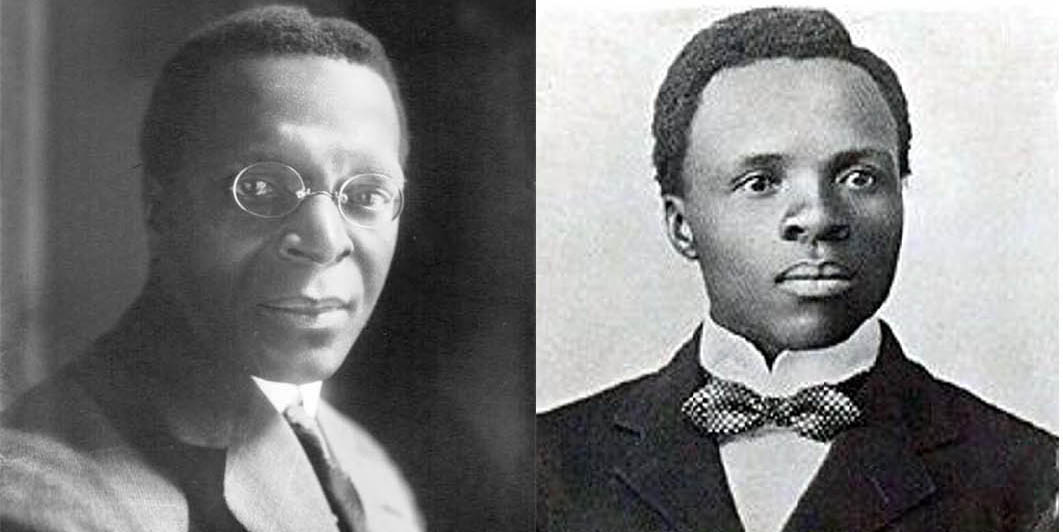Autoethnography and Resistance in two 1920s Novels, 'Batouala' and 'Mhudi'

The following conversations are presented and facilitated by The Colonial, Postcolonial and Decolonial research cluster and the Institute for Humanities Research.
“Reading René Maran's 'Batouala' in a Post-Colonial Context”
René Maran's 1921 novel "Batouala" marks a pivotal moment in French literary history. Generally considered to be the first novel written by a Black Frenchman, "Batouala" embodies the ambiguities of the colonial paradigm in which the Antillean administrator serves as an intermediary between colonizer and colonized, sharing particular affinities with both sides. Reading the ambiguities of Maran’s text, which vacillates between cultural anthropology, aesthetic exoticism, societal critique and engaged ethnography, Isaac Joslin will analyze it through a postcolonial theoretical lens in order to highlight the inherent ambivalences of postcolonial discourses as already and always containing remnants of the colonial.
"Why 'Mhudi'? Genre and Sol Plaatje’s South African Epic"
Written by Sol Plaatje, founding member of what became the African National Congress, "Mhudi" (written 1919-20, published 1930) is generally considered to be the first novel in English by a black South African. Set a century prior to its publication, it depicts struggles for land and power between not only encroaching whites and indigenous peoples, but also amongst indigenous peoples themselves, as well as a precarious cross-racial alliance. Focusing on the narrative’s use of storytelling as a form of resistance, Melissa Free explores the novel’s generic relationship to South African novels by contemporary white writers, including the self-described English South African, Olive Schreiner, and Rider Haggard and John Buchan, whom she terms authorial informants — popular British authors who spent time in the region and wrote about it as insiders.
About our speakers
Isaac Joslin, assistant professor of French at the ASU School of International Letters and Cultures has lived extensively in Côte d’Ivoire, West Africa, and has travelled for research to Senegal, Burkina Faso, Cameroon, Rwanda and Burundi. His research interests include Francophone African literatures and cinemas, aesthetics and theories of representation, theories of cultural hybridity, gender studies, youth and childhood studies, diaspora studies and approaches for teaching African literatures and cultures. He has published scholarly articles in The International Journal of Francophone Studies, Contemporary French and Francophone Studies, African Literature Today, The French Review, Oeuvres et Critiques, Nouvelles Études Francophones, and The Journal of Comparative Literature and Aesthetics. His current research project is a monograph entitled "Afro-Futures: Rethinking development through African Humanities."
Melissa Free is assistant professor of English; affiliate faculty at the School of Social Transformation; and Barrett Honors faculty. Her first monograph, "Beyond Gold and Diamonds: Genre, the Authorial Informant, and the British South African Novel" is under contract with the State University of New York Press. Her second project is on mind control in British fiction from the mid-late Victorian period through the 1920s.

